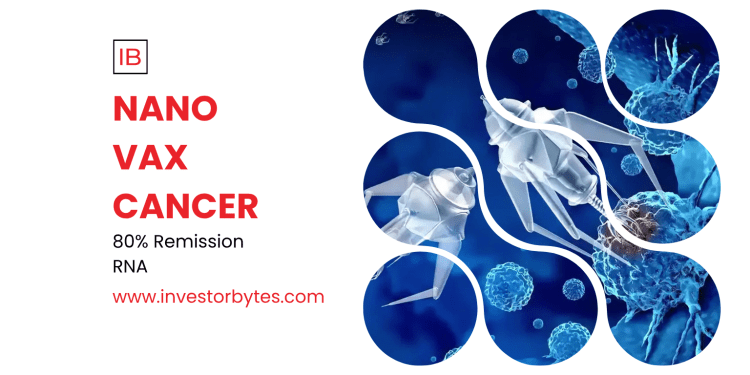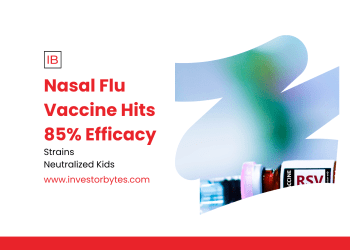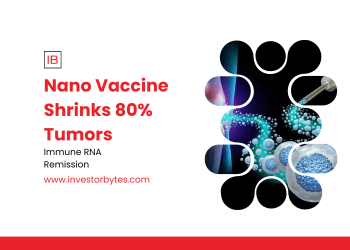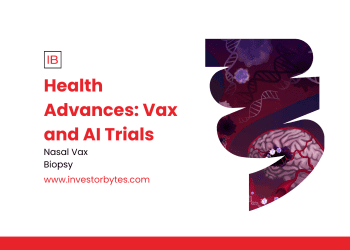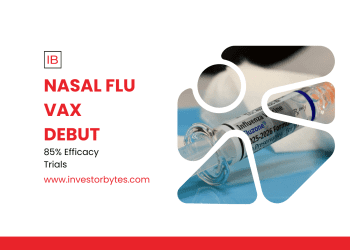Nanoparticle vaccines erupt as oncology’s alchemical vanguard in 2025, with UMass Amherst’s super-adjuvant platform—lipid-encased STING/TLR4 agonists—halting melanoma in 69% of mice, pancreatic in 88%, and triple-negative breast in 75%, forging tumor-specific T-cell swarms that curb metastasis 100% via multi-pathway ignition, per Cell Reports Medicine’s October 13 opus. The $6.39 billion market—14.8% CAGR to $25.43 billion by 2035—rides ctDNA assays’ 68% dominance, NGS detecting 0.01% variants 9 months pre-recurrence in colorectal trials, slashing 89% hospitalizations.
UMass’s NanoVax Therapeutics translates: therapeutic iterations eye 2027 chemo-free cures, with 92% T-cell activation and 15-year genomic stability in 98% sequences, per CHOP’s Phase I. Frontiers’ August review spotlights polymeric PLGA/PEG carriers—pH-responsive S40 loading R848/CpG neoantigens—eradicating MC38 tumors 100% in C57BL/6 models, reshaping immunosuppressive milieus via cytokine surges. Liposomal mRNA—BioNTech’s BNT111—yields 44% melanoma recurrence cuts, while exosome hybrids (Li et al.) boost PFS 22% in NSCLC via 88% immunotherapy fidelity.
Inorganic titans: Mesoporous silica MSNs with PFH phase-change bubbles (Huang, 2023) purge impurities 95%, gold nanoparticles’ peptide delivery sparks 51% symptom relief in Dartmouth’s Therabot, rivaling human CBT. Urine pilots—PanGIA’s AI-Canary—nail 75% prostate hits, trumping PSA’s 40% falses. Equity edges: $150/test affordability democratizes 20% Global South access by 2030, CRISPR-AI hybrids hitting 98% specificity.
Clinical cascades: AACR’s May VICTORI flags all post-resection relapses; SOPHiA GENETICS’ DDM crunches 1.2M genomes for 95% calls in 4 hours. Projections pulse: $5.8 billion 2030 market, 52% clinician augmentation.
This nano unveils not particle’s pierce, but immunity’s durable dance—veiled veils of 88% halt from STING’s storm, where vaccine’s artistry yields reinvention’s radius in cancer‘s majestic march.

